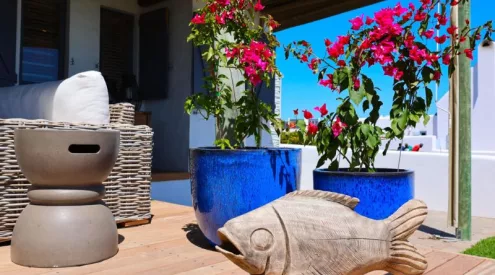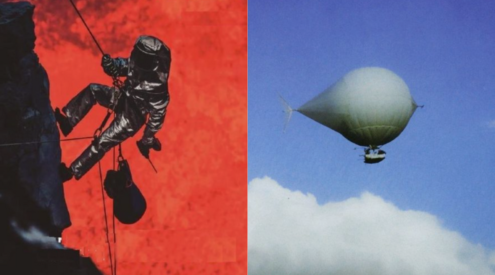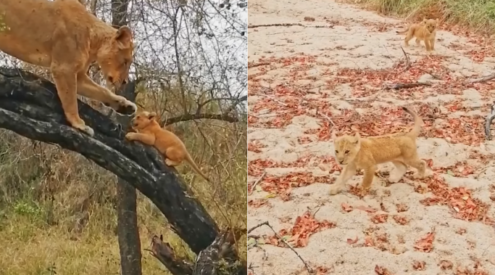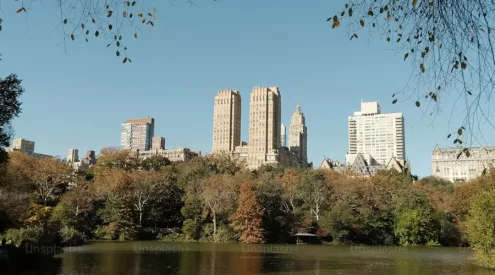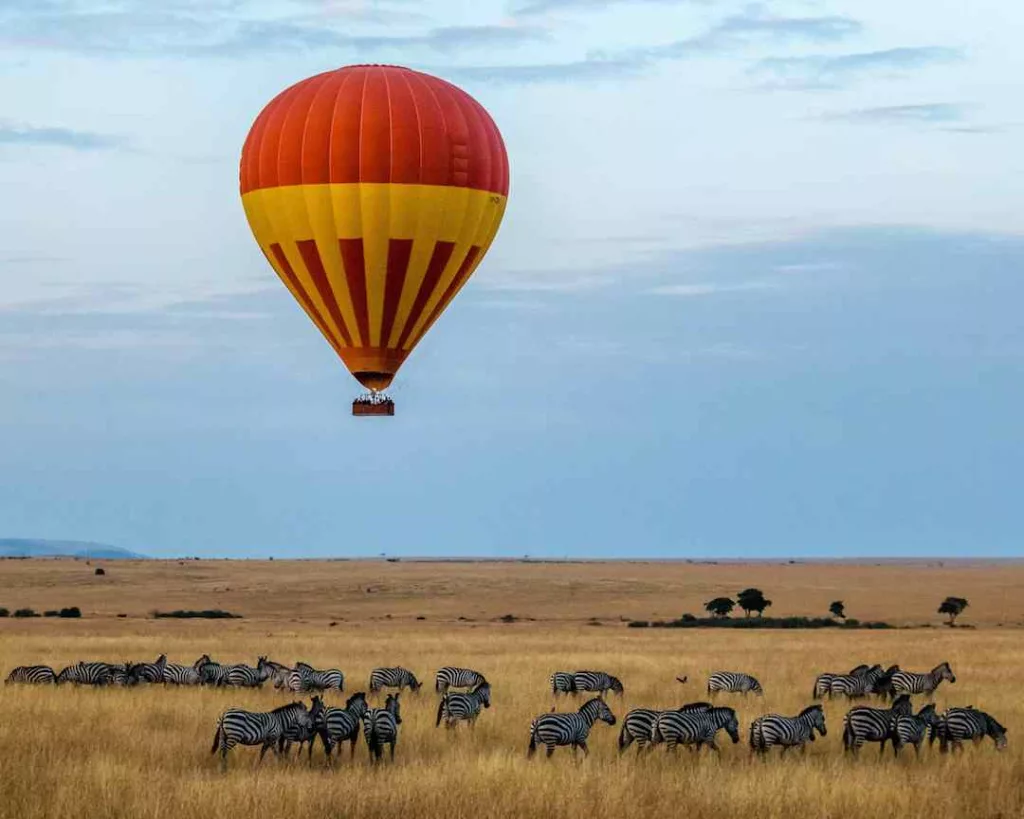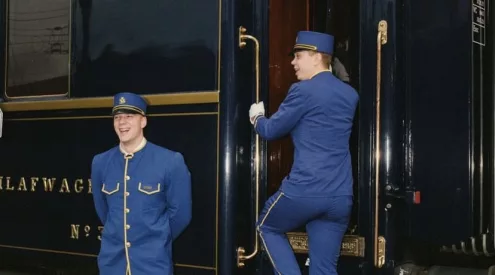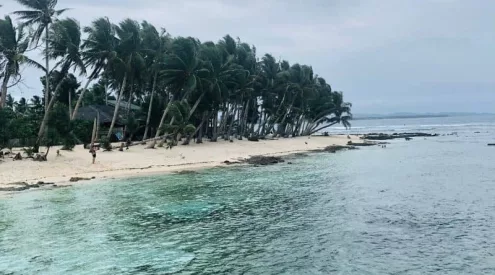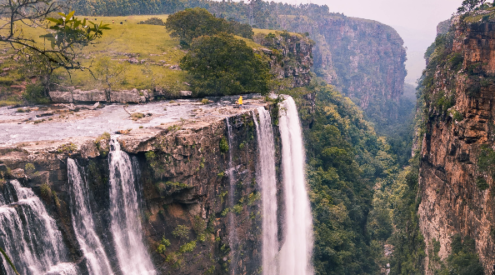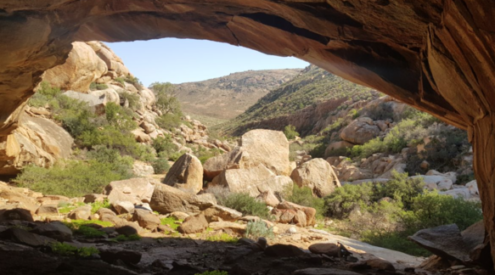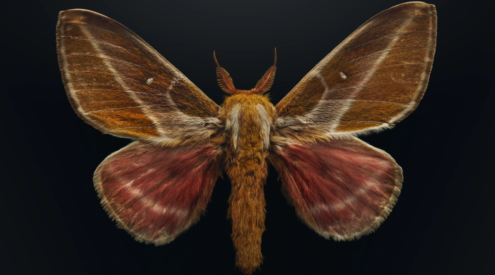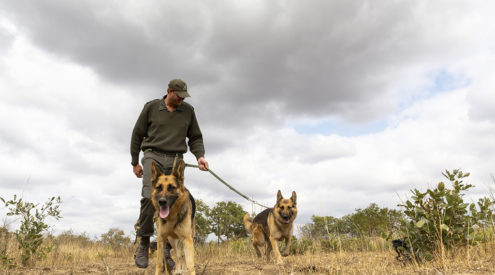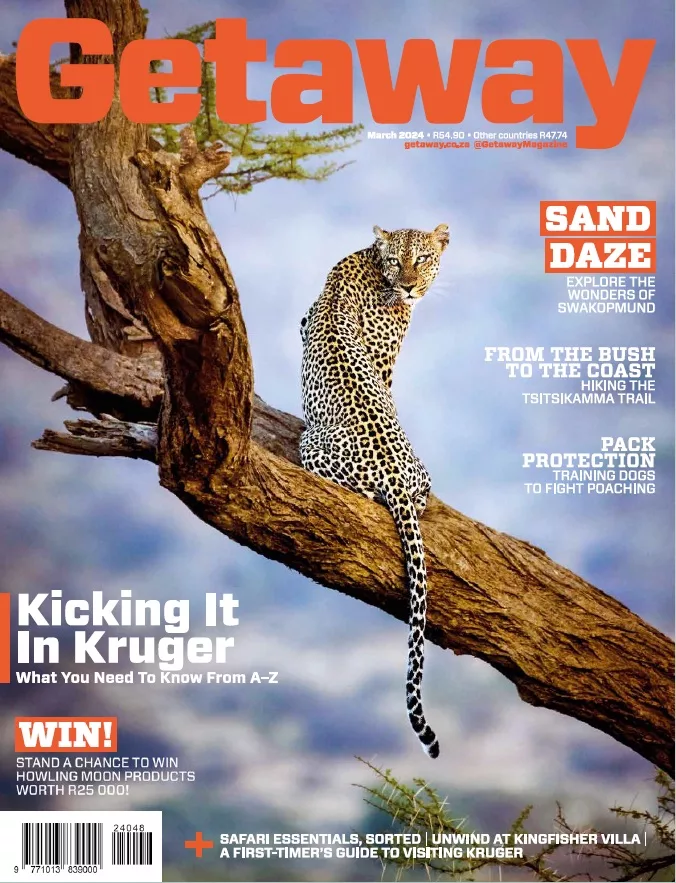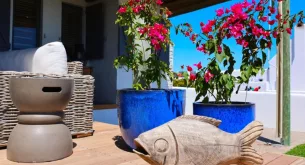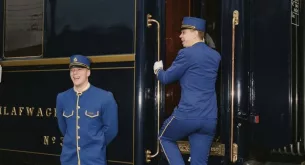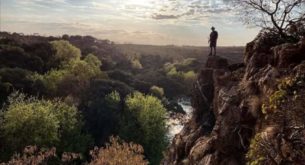Over the past few years the use of photography in conservation has become commonplace. Marine biologists, for example, have used it extensively to identify and track everything from individual great white sharks to whales.
Away from the ocean, motion-triggered cameras have been used to count rare species, often in hard-to-get-to locations. Scientists have even worked together with park visitors, providing platforms for them to share their snaps in order to gain a better understanding of sparsely distributed species (the example I’m most familiar is the ground hornbill survey in Kruger that ran a few years back).
So it was with some interest that I recently discovered it’s a good thing leopards can’t change their spots. I was talking to Guy Ellis, photographic director of the camera-equipment rental company ProLens2GO, who spends as much of his spare time as possible assisting the Endangered Wildlife Trust (EWT) by photographing leopards for a new project to document as many of South Africa’s predators as possible for identification and tracking purposes.
Guy and the EWT feel that because many people have wonderful sightings of predators in Kruger, what better way to build up data on these elusive species than to create photographic sighting reports from thousands of contributors – citizen science at its best.
‘If we work on projects like this together,’ says Guy, ‘and upload quality pictures in which animals are identified, we can then plot home ranges and track the progress and status of various groups of animals.’
Guy’s company, ProLens2GO is the lead sponsor of this initiative and rents out professional lenses to those who may not be able to afford to purchase them. As one of the Getaway team quipped: it’s the gear without the tears. Now I could go on talking about awesome lenses, but I’d rather concentrate on the conservation side of this story, a project that I’ll definitely be participating in … if I’m ever lucky enough to have good sightings. Anyone can take part, so go on make a difference with your holiday snaps this season.
For more information, search for Leopard Identification Project (Greater Kruger National Park, South Africa) or ProLens2GO on Facebook, follow @ProLens2GO and @LeopardIDProjec on Twitter or visit www.prolens2go.com.

